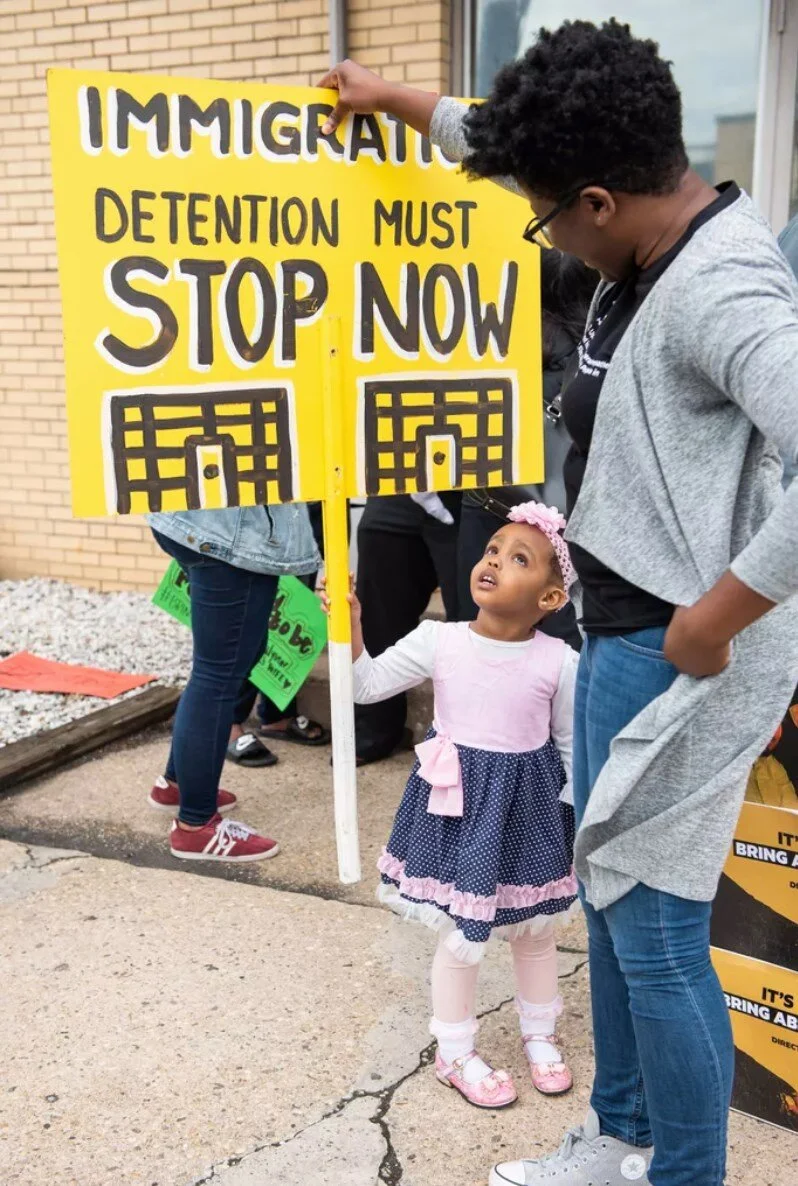Advancing Disability Justice Grant Recipients
/We’re excited to announce five grants to groups led by disabled BIPOC (Black, Indigenous and other people of color) for community building, civic engagement, community organizing, cultural work, leadership development, movement building or policy advocacy.
These grants go to:
Confederated Tribes of Siletz Indians, Lincoln County
Disability Refugee Community, Multnomah County
Freedom to Thrive, national engagement led by Portland-based leaders
Micronesian Islander Community, Marion County
Portland Disability Justice Collective, Portland-Vancouver Metro Area
These groups are all striving to advance disability justice in our region. We’re greatly appreciative of them and are happy to support their work. We highlight two of the projects funded by Advancing Disability Justice Grants below.
The Portland Disability Justice Collective is a disability justice and mutual aid grassroots group by and for queer/trans, Black, Indigenous, multiracial folks and people of color, sick, disabled, Mad/mentally ill, D/deaf/HoH, low vision/blind, neuroatypical, or otherwise chronically ill people who are in Oregon and Southwest Washington. Their project, led by a member of the Disability Justice Leaders Collaborative Rebel Black, is a Disability Justice and Community Care conference scheduled for September 2020.
There will be eight presenters over two days: Leah Lakshmi Piepzna-Samarasinha presenting “Disability Justice 101,” Galadriel Mozee presenting “Black Lives Matter Memorial Garden,” Kibler Hidalgo presenting “Community Healing,” Vo presenting “Trauma Informed Care in Communities,” Dorian Taylor presenting “Anti-Black Roots of Mental Health Systems,” Shilo George presenting “Body Sovereignty,” Nico Serra presenting “Safer Protest Strategies,” and Koko Thomas presenting “DeafBlind Cultures.”
The conference is free, accepting suggested donations on a sliding scale up to $175 per registrant.
Learn more about the conference and the Portland Disability Justice Collective.
Freedom to Thrive, a national nonprofit headquartered in Portland, works to end carceral systems using a Black and gender justice lens. They ask communities the question, what does real safety look like to you? Their programs include Black youth leadership organizing, convening spaces for women and femmes, technical assistance and coaching for partner organizations and more.
Freedom to Thrive has just begun to think about disability justice and incorporate the principles into their work. Their funded project, which incorporates a cross-movement approach, is a monthly webinar series covering a variety of topics from Juneteenth to the surveillance state to disability justice to solidarity economies. With their Advancing Disability Justice grant, they are able to have ASL and Spanish interpretation, as well as closed captioning, on all of their webinars. They’re also able to engage disabled BIPOC and disability justice leaders to speak and share their wisdom.
Find out more about Freedom to Thrive and their webinar series.















